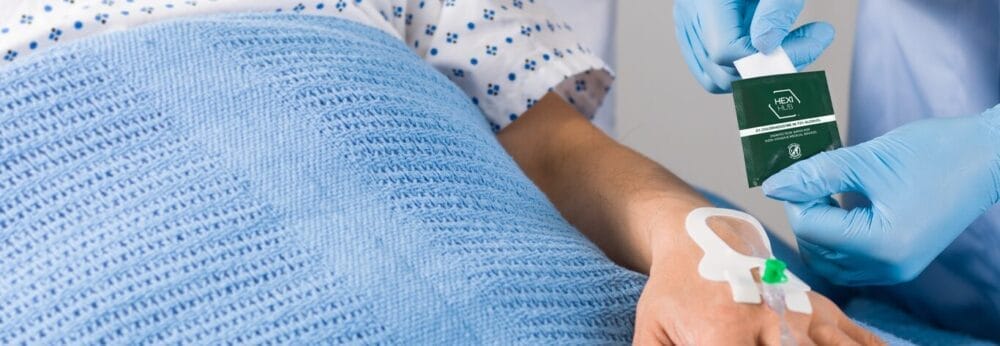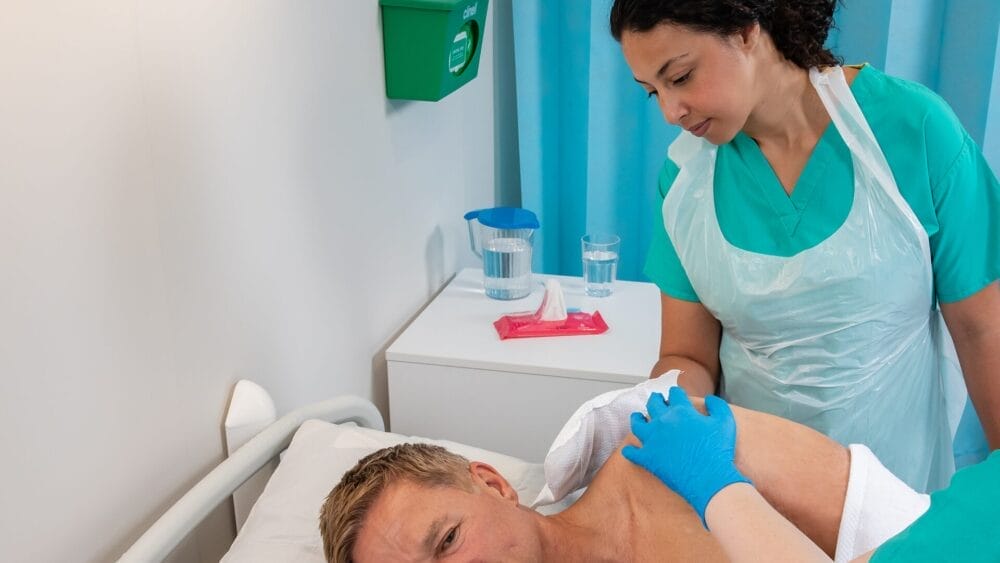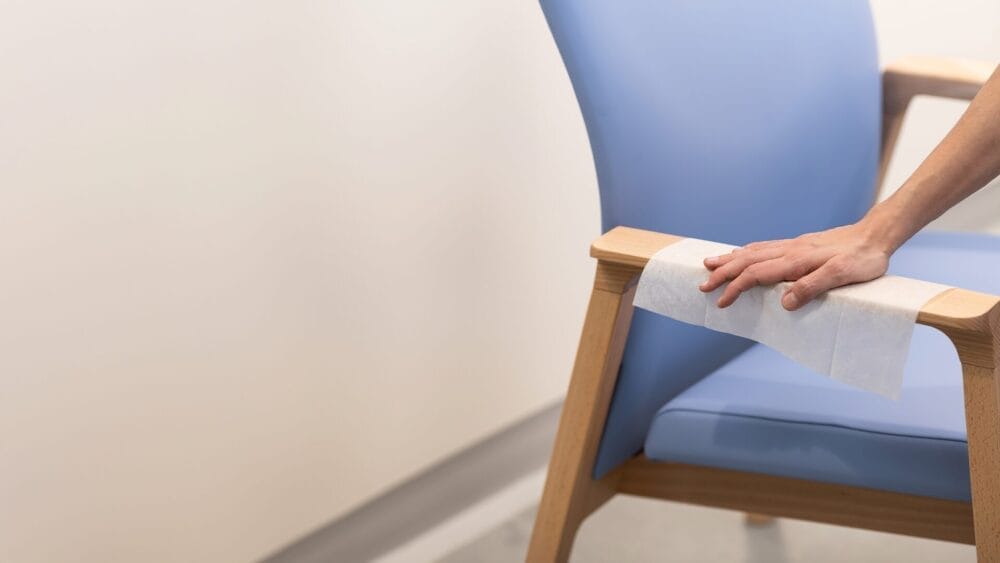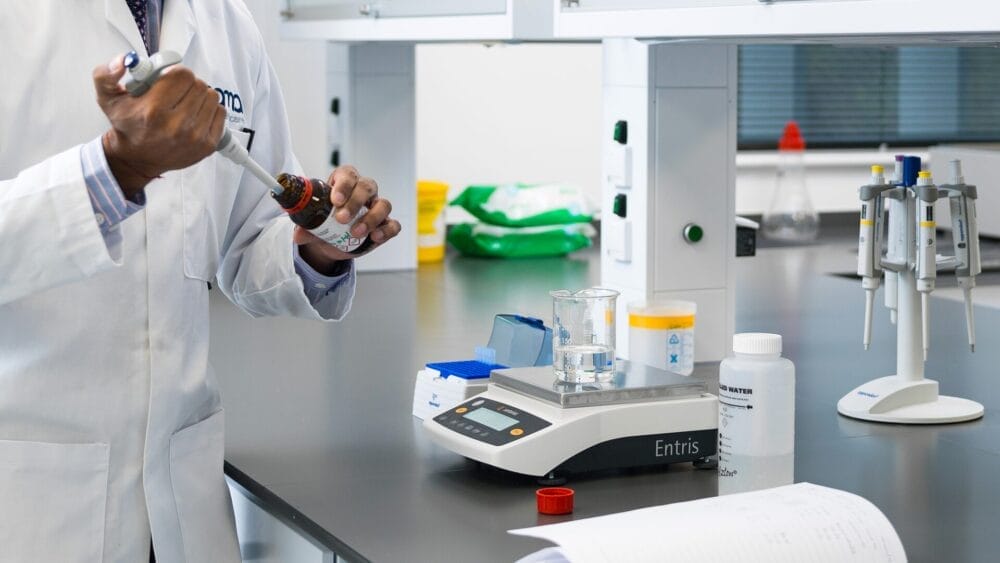Posted
25th May 2021
Research
As lockdown restrictions continue to ease across England, mental health experts are noticing an emerging phenomenon – anxiety about life after coronavirus. In this week’s article, we discuss what exactly is Covid Anxiety Syndrome and how to manage it.
COVID-19’s impact on mental wellbeing
The COVID-19 pandemic has changed many aspects of our lives in ways we could hardly imagine only a little more than 12 months ago. We have been isolated from friends and family; workplaces, restaurants, and shops became empty overnight; children stopped being able to go to school; and many of us lost loved ones to COVID-19. Therefore, it’s no surprise that so many of us are struggling to maintain our mental wellbeing during this time.
How lockdown has affected us
Lockdown has been difficult for many of us, for lots of different reasons. However, when we were in “full lockdown”, things might have felt more certain or predictable, as the rules were clearer. But now that lockdown restrictions are easing things might feel unclear, and there may be new challenges. It can be stressful when things change quickly and many of us might be feeling more anxious as a result of lockdown easing.
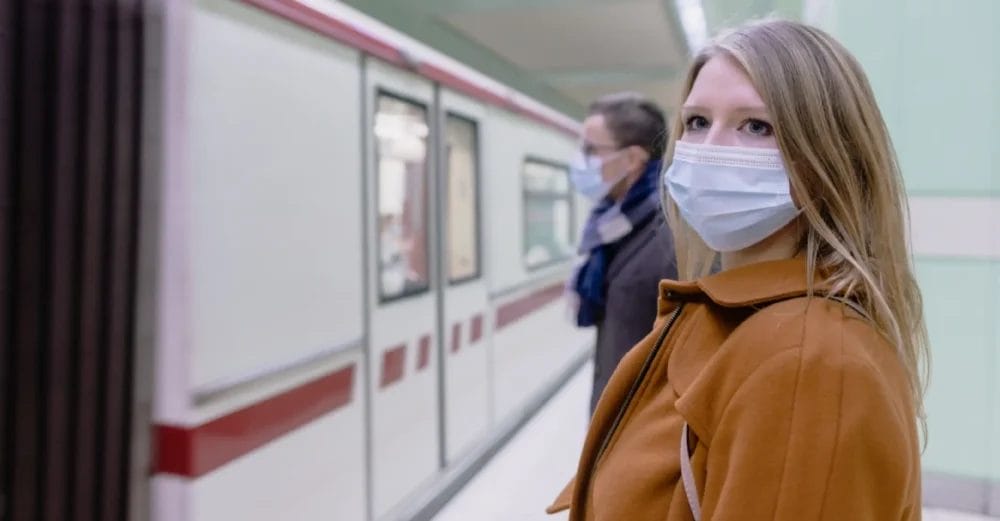
Covid Anxiety Syndrome
COVID-19 has made the world feel unpredictable and unsafe. We often find ourselves worrying about things we wouldn’t normally think about like: “what if there’s a sudden increase in coronavirus infections?”, “I’m nervous about socialising again” or “I’m anxious about receiving the vaccine”.
If you’re feeling this way or know somebody who is, there are lots of useful tips to follow to help you take care of your mental wellbeing and make you feel more confident about the world again.
Tips for taking care of your mental wellbeing as lockdown eases:
The NHS’ Every Mind Matters campaign have great tips for coping with lockdown easing, including:
- Go at your own paceDon’t feel like you have to say yes to everything as things start to open up. Take it step by step, and only do what is comfortable and safe for you to ease back into socialising.
- Don’t avoid going out entirelyAvoiding the things that make us anxious can sometimes feel like the easier option in the short term, but this can make it harder to start facing our fears in the longer term. Instead, try to set yourself small but manageable targets – like meeting 1 person for a coffee or snack outside, or getting a haircut – and gradually build up from there.
- Check your facts & head out preparedMake sure you get your information from the right sources. If you are not sure what is or is not allowed, stick to trusted sources like GOV.UK and the NHS COVID-19 pages for the most up-to-date information. Also, when heading out make sure you have a bottle of hand sanitising gel or hand wipes and a face mask, to help you stay protected.
- Talk to someone you trustIt can seem hard at first to talk about how you are feeling but many people find that sharing their experiences can help them feel better. It may be that just having someone listen to you and show they care can help in itself.
These tips may work for different people at different times. Only try what you feel comfortable with. And try not to put too much pressure on yourself if anything doesn’t feel possible right now.
We hope you find these tips useful as lockdown continues to ease. Remember, feeling anxious is normal and that “this too shall pass”. For more information, take a look at Mind’s support pages for lockdown easing. If you’d like to check efficacy data for our products, take a look at Clinell efficacy against coronavirus.
SHARE THIS ARTICLE
Tags
Latest News
Introducing HEXI HUB: A seamless transition in our product line
We’re pleased to announce an update to our product offering…
Innovative solutions for tackling Carbapenemase-producing Enterobacteriaceae (CPE) at King’s College Hospitals
King’s College Hospital NHS Foundation Trust, one of London’s largest…
Gloves Off: reducing unnecessary plastic waste during environmental cleaning and disinfection
In this blog, Dr Phil Norville discusses the momentum-gaining ‘Gloves…
Gloves Off: Navigating SDS sheets and skin safety claims in environmental decontamination products
In this blog, James Clarke (Head of R&D, Science &…
